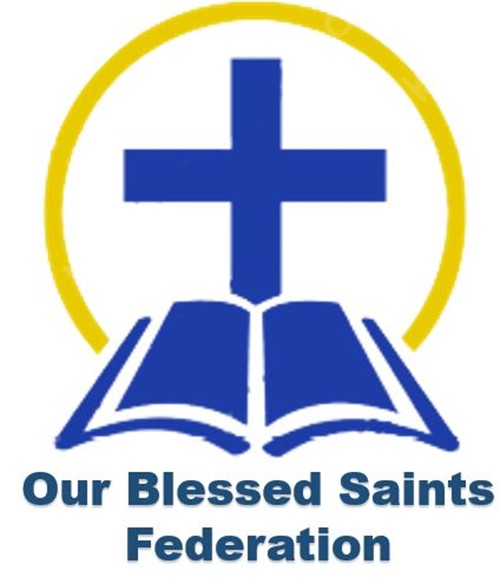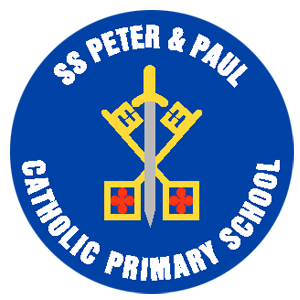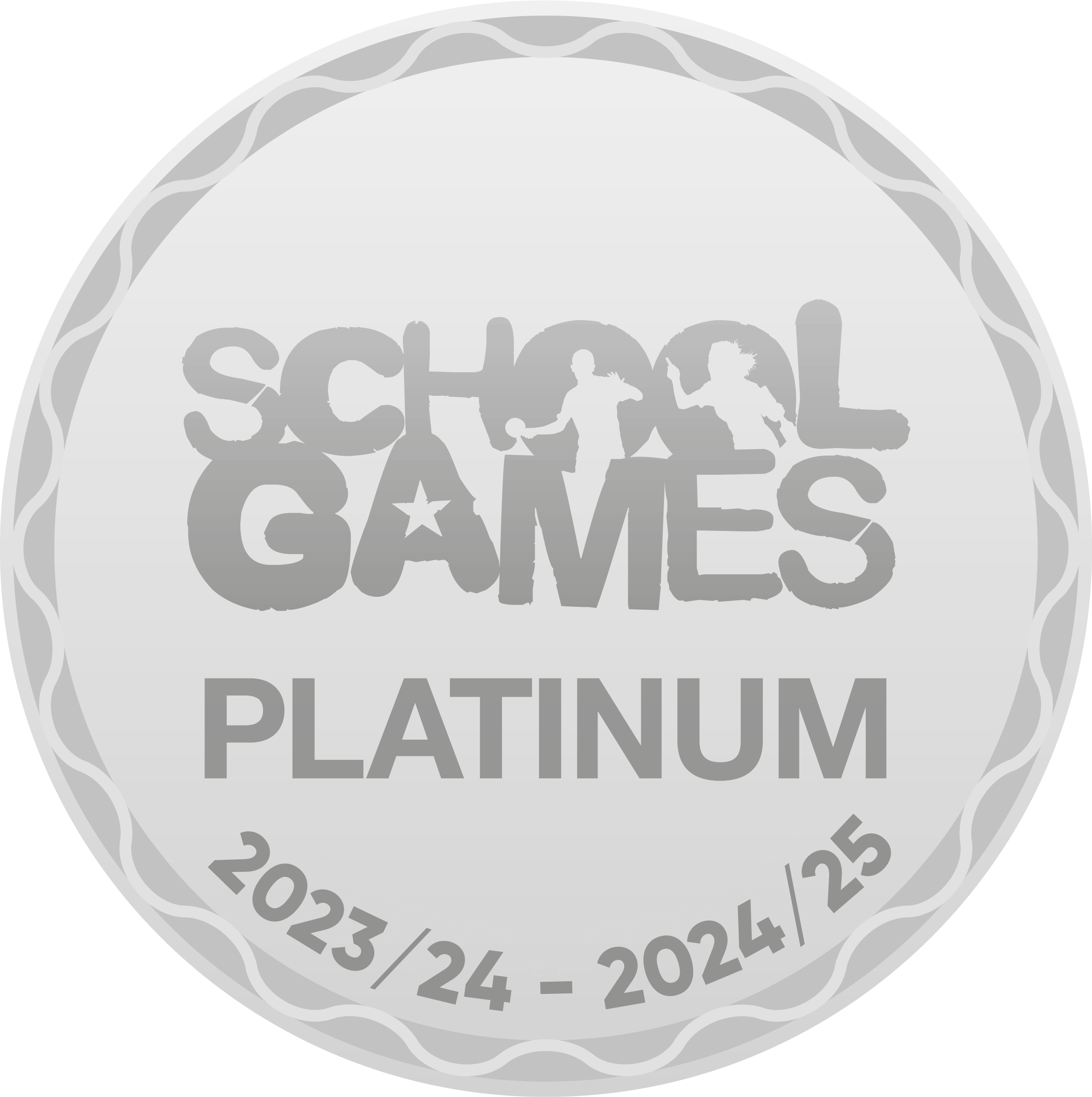Pupil Premium
The Pupil Premium is allocated to Local Authorities and Schools with children on roll who are known to have been eligible for free school meals (FSM) at anytime in the last six years. Each of these children currently attracts a sum of £1320, increasing to £1900 for Looked After Children/ Children Adopted from Care. For children who have one or more parents serving in the Armed Forces school also receives £300 for each eligible pupil. Schools will have the freedom to spend the Pupil Premium Grant (PPG) which is an additional part of the underlying budget, in ways that they think will best support the raising of attainment for the most vulnerable children.
Pupil Premium Strategy Statement 2025-26
Pupil Premium Strategy Statement 2024-25
Pupil Premium Strategy Review 2023-24
Pupil Premium Strategy Statement 2023-24
Pupil Premium Strategy Statement SSPP 2022-23
Pupil Premium Strategy Statement SSPP 2021-22
Pupil Premium Strategy 2020-21
Pupil Premium Strategy 2019 2020
Pupil Premium Strategy Impact Review 2018 2019
SS Peter and Paul Catholic Primary
Catch-Up Premium
“As with all government funding, school leaders must be able to account for how this money is being used to achieve our central goal of schools getting back on track and teaching a normal curriculum as quickly as possible. Given their role in ensuring schools spend funding appropriately and in holding schools to account for educational performance, governors and trustees should scrutinise schools’ approaches to catch-up from September, including their plans for and use of catch-up funding. This should include consideration of whether schools are spending this funding in line with their catch-up priorities, and ensuring appropriate transparency for parents.”
The government announced £1 billion of funding to support children and young people to catch up. This includes a one-off universal £650 million catch-up premium for the 2020 to 2021 academic year to ensure that schools have the support they need to help all pupils make up for lost teaching time.
Although all children have had their education disrupted by the coronavirus (COVID-19) outbreak, it is likely that disadvantaged and vulnerable groups will have been hardest hit. That is why, alongside the universal catch-up premium, the government are launching a £350 million National Tutoring Programme to provide additional, targeted support for those children and young people who need the most help.
SS Peter and Paul Catholic Primary School will receive for the full academic year, £15, 200 in catch-up premium, this will be paid to the school in three instalments.
The school is using the funding for specific activities to support the pupils to catch up for lost teaching over the previous months, in line with the guidance on curriculum expectations for the next academic year.
SS Peter and Paul Catholic Primary School has decided to spend a portion of the money supporting quality first teaching in the classroom and to this end have employed a teacher on a part time basis to work alongside class teacher. This will enable very focused curriculum catch-up to happen for targeted children, in year groups that are in greatest need of catching up. This work will be closely monitored and assessed to ensure that pupils make progress from their starting points. An analysis of impact will be part of the review process and target setting closely matched to children’s needs.
Targeted 1:1 and Small Group Tuition
SS Peter and Paul Catholic Primary School has decided to support 6/10 identified children who need small group or 1:1 tuition this will be delivered by qualified teachers. These children will be in Year 5 and Year 6 and complete a programme of 12 hours initially, the focus for these sessions will be literacy and mathematics. Children will be assessed prior to the start of the sessions and they will be reassessed against their starting points at the end of the tuition period.
Nuffield Early Language Intervention
At SS Peter and Paul Catholic Primary School, we have been accepted on the NELI which we will be able to deliver to our younger children. The Nuffield Early Language Intervention (NELI) is an evidence-based oral language intervention for children in nursery and reception who show weakness in their oral language skills and who are therefore at risk of experiencing difficulty with reading. It is delivered over 30 weeks by teachers and teaching assistants in groups of three to four children. Assessment happens during base line when the first Language Screen is carried out prior to the start of the intervention then again after the 20 weeks where reassessment using Language Screen happens to check their progress and make plans for support that might be needed in year 1.
For more information about this programme please visit the website: https://www.nuffieldfoundation.org/project/nuffield-early-language-intervention








